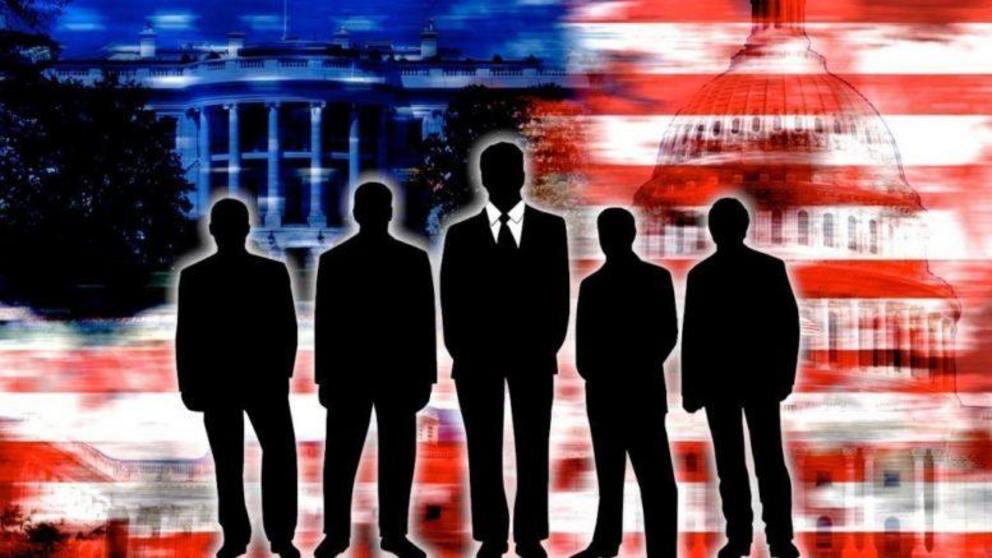Shadowy watchlisting council has control over your legal rights - and it does not really exist
By all commonly accepted standards, the Watchlisting Advisory Council (WLAC) does not exist. It has no physical offices, no employees and was not established under any discernible legal authority. Yet this Council, which meets quarterly to advise the National Security Council, has the power to decide if you have legal rights or not.
Disclosures in recent legal cases have resulted in the WLAC emerging partially from the shadows. It has been determined, through legal depositions of FBI employees conducted by the Muslim civil rights organization, CAIR, that the following agencies have a representative on the WLAC: the FBI, TSA, CBP, the NCTC and the Department of Homeland Security. It appears that the WLAC was formed somewhere around 2008. According to the government lawyer, Amy Powell, representing FBI Special Agent Matthew DeSarno during his CAIR deposition, the “law enforcement privilege and state secrets privilege” prohibited DeSarno from revealing if the State Department and the CIA were represented on the WLAC.
Throughout the deposition, Powell repeatedly challenged the questions tendered by CAIR lawyer Gadeir Abbas, and instructed DeSarno not to answer the questions. Nevertheless, a picture is coalescing of a supra-organizational group, which has no legal accountability written into its apparently non-existent charter, and which has the potential and power to simply devastate an individual’s constitutional rights.
As discussed in documents filed by CAIR in a federal court case challenging the constitutionality of the Terrorist Watchlist, the Terrorist Watchlist can do far more than simply curtail an individual’s travel plans. As CAIR lays out in one legal document, those placed on the Watchlist “…have suffered a range of adverse consequences without a constitutionally adequate remedy.” These adverse circumstances include a broad range of impacts, including employment issues, law enforcement treatment, vetting and credentialing and impact on public reputation, among others. A lawsuit filed in federal court by CAIR also lists at least one watchlisted individual who had to be transported to a hospital after he was detained in an airport.
In fact, CAIR has uncovered that this so-called secret government database of suspected terrorists has been shared widely with non-government groups, including hospitals and universities. In addition, the list has been shared with over 60 foreign countries.
The importance of the Watchlisting Advisory Council again emerged in the government’s response to a demand by Federal Judge Anthony Trenga that it supply revisions to the Watchlisting system, which he had declared unconstitutional in a widely hailed decision in September of 2019. Judge Trenga ruled that the Watchlist violated the rights of those on it.
The revisions were meant to bring the Watchlisting system into accordance with constitutional provisions for due process and notice. As it stands, there exists no legal remedy should one be inappropriately watchlisted.
However, the US government did not supply the required revisions requested by Judge Trenga. The reason given was that this shadowy and powerful group, the Watchlisting Advisory Council, had yet to meet on the issue of suggested revisions.
Subsequently, Judge Trenga allowed the government another 90 days to fulfill his request.
So while you are toodling down the highway thinking that all is going pretty well these days, you may in fact be veering towards a personal annihilation. Those who are watchlisted — and these number over 1.6 million people at last count — often lose employment, public standing and family and friends due to the suspicion of terrorism. And being a Muslim is not a requirement for being watchlisted. A growing number of non-Muslim journalists and whistleblowers have also found themselves on this list.
Recent media reports have noted that even since Judge Trenga’s decision, local and federal authorities are continuing to use the unconstitutional and discredited watchlist to gather information.
The DOJ did not respond to requests for input to this article.

